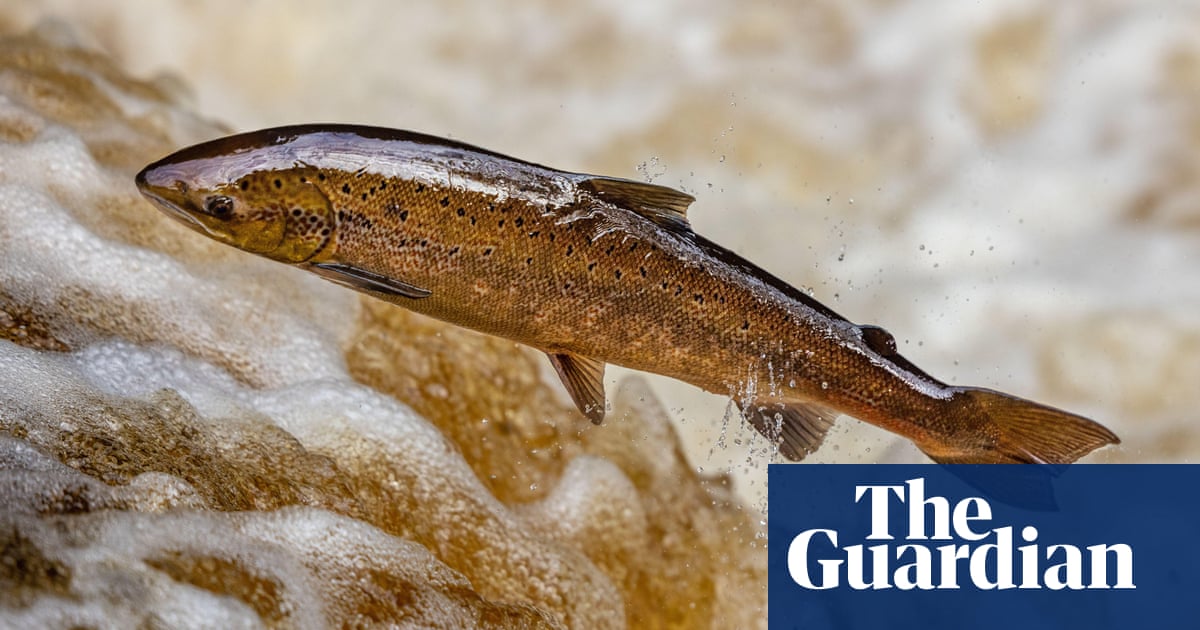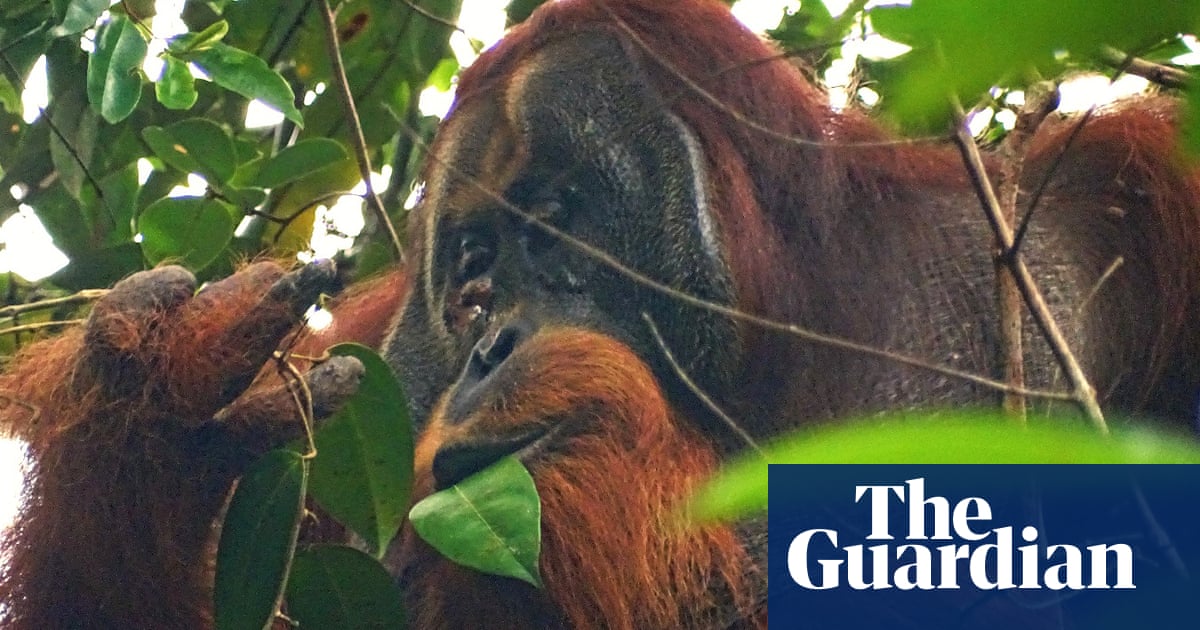Your editorial (15 October) lamented the “dismaying” decline in wild salmon in British waters, commenting rightly that climate change and failures of marine conservation have contributed to this collapse. Another significant contributing factor has been the explosive growth, enthusiastically promoted by the Scottish government, in salmon farming around the Scottish coast. This activity has been shown to be damaging to wild salmon stocks, through the transmission of disease and parasites when farmed salmon escape, as they do in large numbers, from the nets that contain them.
The day after your editorial, you ran an article on the “gifts” being declared by Labour ministers (More ministers declare gifts after Keir Starmer’s decision to repay £6,000, 16 October). These include a declaration by Ian Murray, the Scottish secretary, that he accepted £320 of tickets to a football match in Liverpool in September thanks to Salmon Scotland. He was in Liverpool to meet the chief executive of the industry body that describes itself on its website as “the voice of the Scottish salmon sector”.
Accepting tickets to Taylor Swift concerts may seem arrogant, but at least she isn’t lobbying for anything. Accepting “gifts” from organisations that are seeking to influence your decisions is surely of a different order?
Lindy Sharpe
London
The pollution caused by intensive rearing of farmed salmon is trashing the ecosystems of some of our most beautiful lochs and rivers. The vast number of salmon in these farms increases the rate of disease and necessitates the use of antibiotics and chemical treatments. And the farmed fish are easy prey to millions of sea lice, which eat them alive. Then, in turn, the lice prey on the young of the wild fish that have bred upstream and are attempting to pass those farms to go out to sea – and also, as adults, to migrate upstream and spawn. If we care about what we eat, and we want to see salmon leaping in British rivers again, we need to stop eating farmed salmon.
Kathleen Roberts
Harrogate
Salmon stocks have been declining for years and there are myriad reasons for this. Your editorial gives the impression that the principal causes are due to the lack of enforcement of regulations in our rivers by government agencies and the criminal activity of water companies. It is certainly true that poor water quality, pollution, changing flow patterns and warming river water temperatures due to climate change and other reasons are significant contributory factors to the decline in salmon numbers. However, it is believed that the most significant reason for the decline is the vast drop in returning numbers from the sea. It is not properly understood what is causing such significant mortality at sea, but changes in the marine food chain driven by climate change, and illegal or uncontrolled fishing along the salmon migration routes are significant factors.
What is to be done? Enforcement of regulations on land and sea, and halting climate change can in the long run of course make a difference, but our salmon may become extinct in many of our rivers before we sort out our act. A more immediate difference could be made by the Environment Agency urgently getting behind the establishment of hatcheries on many of our rivers to substantially increase the number of smolts heading for the sea.
Michael Robins
Richmond, London
Your editorial, though welcome, repeats a tired trope: that “they” are responsible, be “they” water companies or farmers or industrialists. Equally damaging to aquatic ecosystems are the gallons of household cleaning products, garden chemicals and cosmetics that we all flush down our drains daily, all of which pass unmitigated through sewage treatment plants. If we are to save our rivers and the beautiful salmon, readers of the Guardian are going to have to change their habits.
Michael Heaton
Warminster, Wiltshire
As an ecologist working for a statutory nature conservation body, I’m encouraged by the interest in the UK’s appalling water quality shown in your editorial. However, I am becoming frustrated by the intense focus on this single issue rather than looking at our wildlife more widely.
Your editorial explains that salmon populations and riverine quality reveal something about failed stewardship and flouted regulations. It does. But at least their condition and the flouting of these regulations are well known.
Rivers and salmon are a snapshot of the UK’s habitats and species, but sites of special scientific interest (SSSIs) are designed to act as a series representing our whole range of wildlife: not just rivers. These are failing too. Wales has published data showing that the health of half of these SSSIs isn’t even known. At a UK level, this lack of information isn’t even reported as the headline indicator only looks at sites that have been monitored. For most habitats and species, we only have part of the picture due to a lack of monitoring.
You highlight that regulations exist for water quality, but they are poorly enforced, and this is the same for SSSIs. I know of SSSIs that haven’t been visited in the last 20 years. They haven’t been monitored, and they certainly haven’t been regulated. People are more aware of water quality issues and recognise and report them. Most SSSIs cannot be accessed and their management and condition cannot easily be assessed.
I really do welcome the coverage of water quality and understand the use of salmon as a flagship species, but maybe the time has come for the media to take a wider picture?
Name and address supplied



